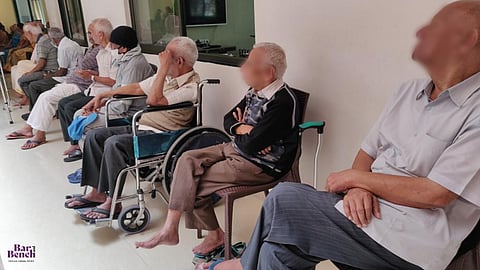
- News
- Columns
- Interviews
- Law Firms
- Apprentice Lawyer
- Legal Jobs
- हिंदी
- ಕನ್ನಡ

The Delhi High Court on Monday issued notice to Central government on a plea by a 97-year-old man challenging the constitutional validity of Section 23 (1) of the Maintenance and Welfare of Parents and Senior Citizens Act, 2007.